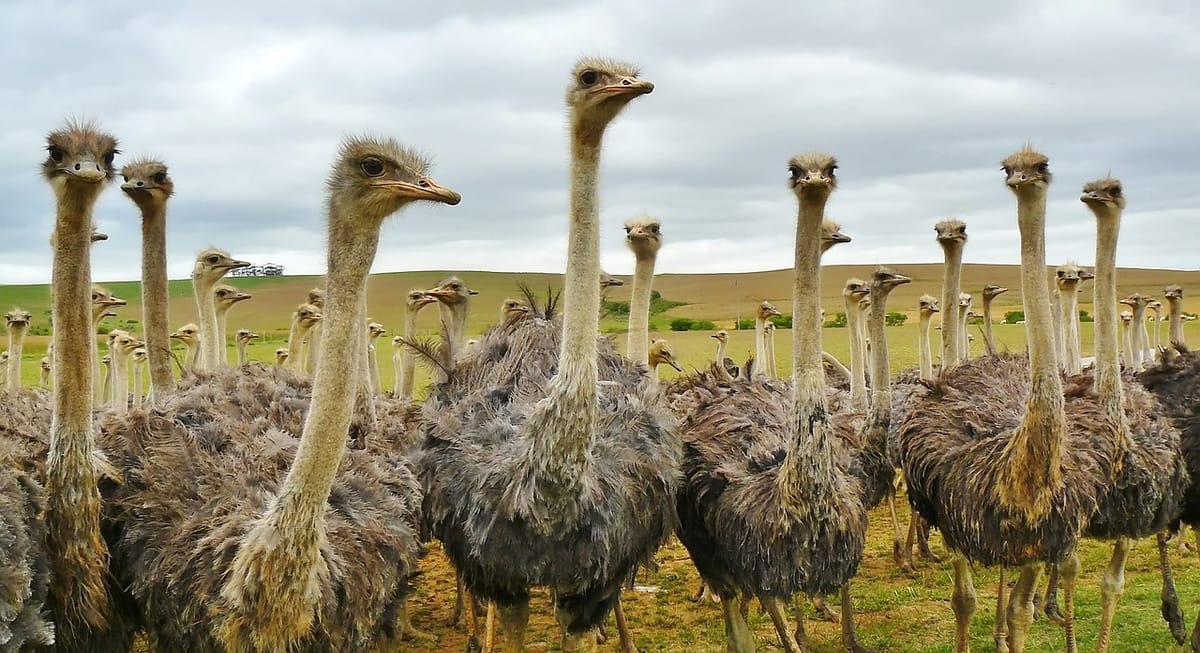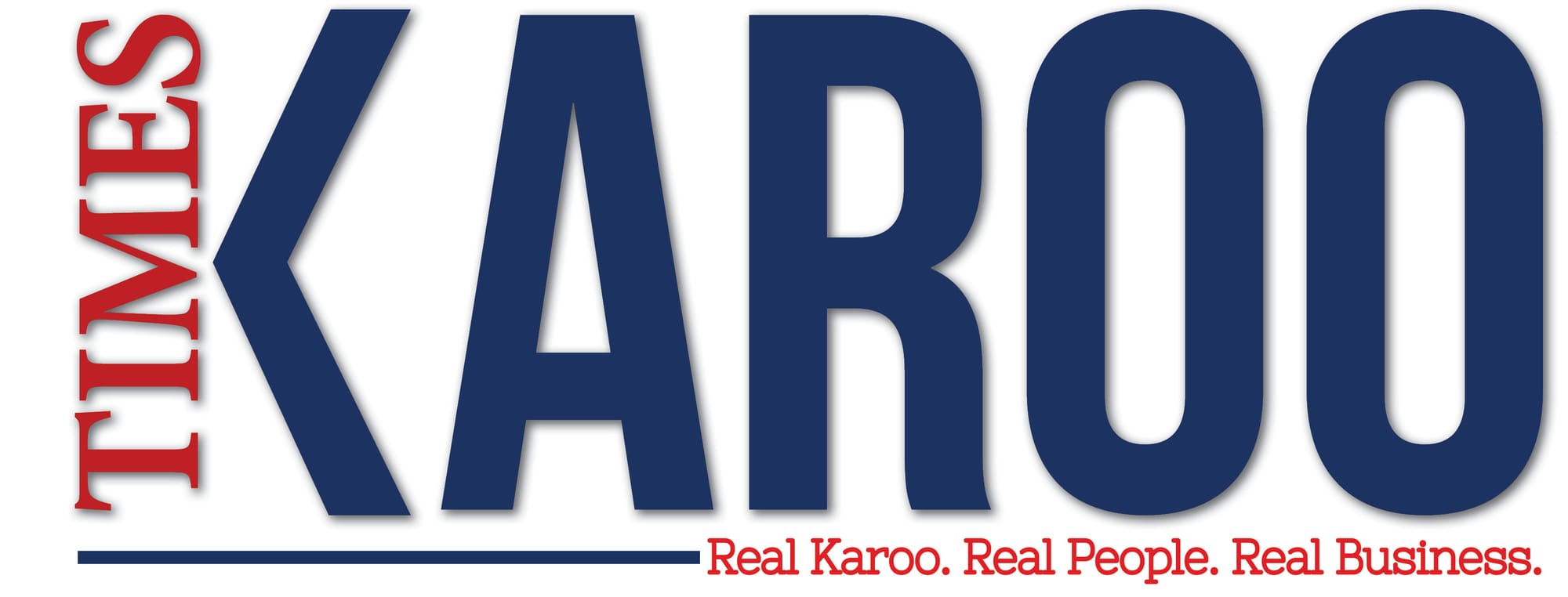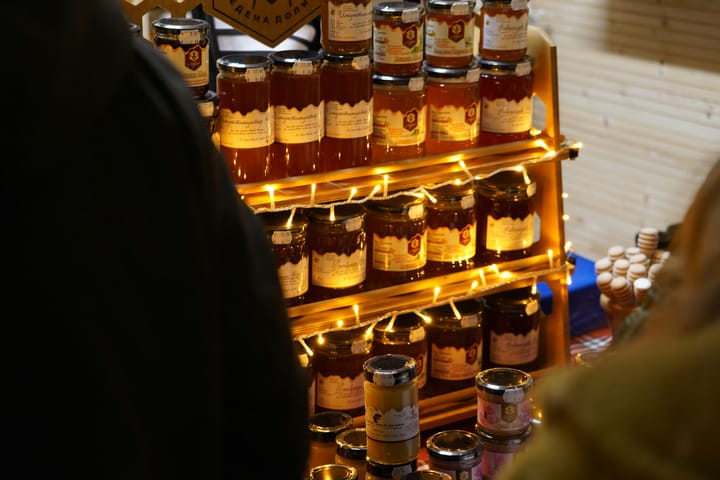Tariff pressures bite into Karoo ostrich leather trade
A downturn in leather exports could ripple through the regional economy, hurting not only farmers and factory workers but also ancillary services.


The Karoo’s ostrich industry is bracing for difficult times. A new 30 percent tariff recently imposed by the United States on South African exports is poised to erode demand for ostrich leather from the region, a key revenue stream for local farmers and tanneries.
A heavy blow to Cape Karoo leather exports
Reports show that ostrich leather exports to the US account for approximately 20 percent of Cape Karoo International’s leather sales. The broader ostrich sector - including feathers and meat - is a vital contributor to the Klein Karoo economy. In Oudtshoorn alone, ostrich-related exports were valued at around R578.8 million in 2021.
Impact of the US tariff escalation
This 30 percent duty, set to take effect in early August, is one of the steepest levies imposed under US President Trump’s recent reciprocal tariff policy.
South African officials warn that the measure could imperil thousands of jobs. A central bank estimate places potential job losses at around 100 000, particularly across agriculture and manufacturing - sectors that include ostrich producers. Another official source notes that 30 000 jobs are at risk if the situation is not managed carefully.
Karoo farmers and tanneries respond
Cape Karoo International (CKI), representing some 200 ostrich farms, reports that their US client base includes renowned makers of cowboy boots such as Lucchese, Justin and Anderson Bean.
CKI’s managing director, Francois de Wet, emphasises that no ostrich leather is produced domestically in the US: the quality and supply from South Africa remains critical to these brands. CKI expects its clients currently hold sufficient inventory for a short period, but warns of longer‑term challenges if tariffs remain.
De Wet notes that it is impossible for exporters to absorb the full 30 percent increase; the burden will need to be shared among exporters, importers and possibly consumers. He also mentions that US feather exports account for about 14 percent of CKI’s total feather sales.
Government seeks relief through diplomacy and support
At the national level, South African Trade Minister Parks Tau has lamented that the new tariffs effectively nullify the African Growth and Opportunity Act (AGOA) and called for renewed market diversification.
The government has established an export support desk and plans a financial package to assist affected sectors, possibly drawing on the existing R1.5 billion agricultural fund.
Local voices urge urgent intervention
Ostrich sector leaders in the Karoo express hope that ongoing talks with US counterparts may secure exemptions or more favourable terms. The South African Ostrich Business Chamber’s CEO, Piet Kleyn, remains optimistic that longstanding trade relationships and superior quality will work in the Karoo’s favour.
Outlook for the Karoo
A downturn in leather exports could ripple through the regional economy, hurting not only farmers and factory workers but also ancillary services. The situation underlines the importance of swift and strategic support, both from government and private sector partners.






Comments ()